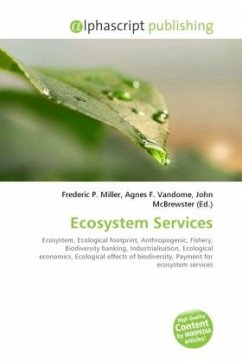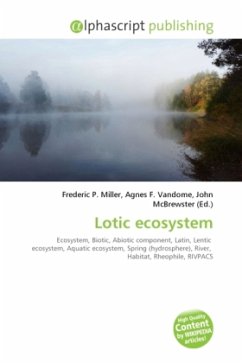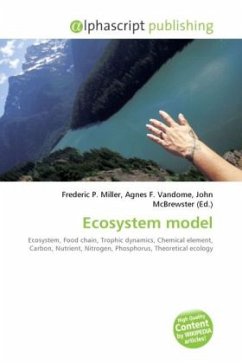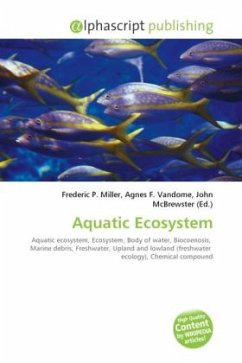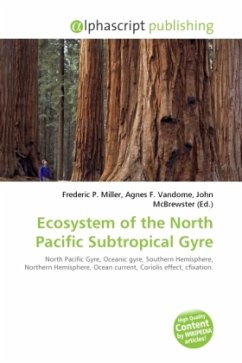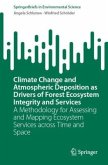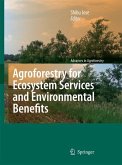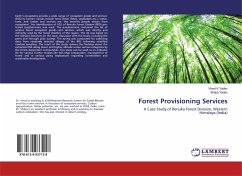Humankind benefits from a multitude of resources and processes that are supplied by natural ecosystems. Collectively, these benefits are known as ecosystem services and include products like clean drinking water and processes such as the decomposition of wastes. While scientists and environmentalists have discussed ecosystem services for decades, these services were popularized and their definitions formalized by the United Nations 2004 Millennium Ecosystem Assessment (MA), a four-year study involving more than 1,300 scientists worldwide. This grouped ecosystem services into four broad categories: provisioning, such as the production of food and water; regulating, such as the control of climate and disease; supporting, such as nutrient cycles and crop pollination; and cultural, such as spiritual and recreational benefits. As human populations grow, so do the resource demands imposed on ecosystems and the impacts of our global footprint. Natural resources are not invulnerable and infinitely available.
Bitte wählen Sie Ihr Anliegen aus.
Rechnungen
Retourenschein anfordern
Bestellstatus
Storno

